Wondering which fitness supplements to take and at which time of the day? With so many choices out there it can be pretty overwhelming. How soon before a workout do you take a pre-workout? Do I need to take a protein powder in order to gain muscle? What's a post-workout supplement do?
We'll we're here to help clear up some of those mysteries and explain the various supplements that can help give you an edge in your fitness journey so you see better results and provide support for your body's optimum health.
How does a pre-workout help maximise your workout?
A pre-workout can be many different things. They usually come in powder form and are consumed with smoothies or drinks. Pre-workout can also come in gummy form, pills and even just straight up liquid.
Pre-Workout supplements usually have a mix of nutrients that help you get the most out of your workout. We can break most workouts into two broad categories; building mass or losing mass. Each of these goals is going to require a different kind of pre-workout.
Build Muscle with a Pre-Workout
Building mass simply means you’re trying to grow your muscle mass. Including pre-workout supplements into your fitness routine has been shown to increase the amount of muscle gain during workouts. In fact this study claims that people using pre-workout supplements gained four times as much muscle compared to people who didn’t.
Most pre-workouts that are dedicated to helping people build mass have ingredients like protein, caffeine and lots of branched chain amino acids (BCAAs). Caffeine will help get you hyped up for your workout and it will also keep you from getting as tired during and after your workout.
BCAA’s are wonderful nutrients that help in muscle growth and muscle recovery. Ensuring that you have BCAA’s in your pre-workout will allow you to increase the rigour and frequency of your sessions.
Lose Fat with a Pre-Workout
If you’re looking to lose mass, a pre-workout will give you just the boost you need. Including caffeine is a great choice even if you’re looking to lose weight. It acts as a stimulant which can help kickstart your metabolism, making it easier to burn fat. Beta-Alanine is also a very helpful ingredient for weight loss. This amino acid helps enhance the effects of caffeine while also delaying fatigue during strenuous workouts.
No matter what your fitness goals are, pre-workouts can be an integral part of making the best of your workouts. The best thing about pre-workouts is that you’re consuming nutrition that your body is used to! Even if you don’t recognize the names of some of these nutrients, rest assured they are already in the foods we eat and drink.
Pre-workouts are totally safe when they are used as directed and are the perfect way to get more of the nutrients that help make our bodies strong. Take a pre-workout 30-60 minutes before your workout to feel the maximum benefits.
What does protein do to help muscle-building?

Protein is a key component to building muscle. Most of us know protein can be found in meat, but it is also in nuts, eggs and dairy products! Despite all of that, some people struggle to get enough protein in their diet and it can be even harder to get enough protein to see it have a significant effect on your muscle gains. This is where pre-workouts come in!
Let's talk about protein a little more, first. Protein is made up of lots of different amino acids which all help you repair muscle mass and gain it as well. When you consume more protein before a workout, you’re setting yourself up to gain more muscle as well as preserve and heal what you already have.
Despite what many fad diets will have us believe, protein and carbohydrates often work together! Protein is seen as an energy source to the body, but it’s harder to break down than carbs. Including healthy carbs (fruit, veggies and whole wheat grains) can help you build more muscle by shifting your metabolism’s focus away from protein.
This means those amino acids can do what they were meant to do! This is why athletes will ‘carb-load’. They want their bodies to have plenty of energy, but they don’t want to lose muscle mass.
Protein is essential to building muscle and if you aren’t seeing the growth you want, you may need to add a supplement or pre-workout into your routine. Doctors recommend consuming 1.8 to 2.7 grams of protein per kilogram of body weight in order to see muscle gains.
What is a post-workout supplement and how can it help?
A post-workout supplement is usually taken in order to help the body cool down, rest and heal. You already know that protein is key to helping muscles recover, so many post-work out supplements are going to have a healthy dose of protein. A good post work-out should also include BCAAs. These amino acids are going to help heal the microscopic tears in your muscle tissue. These tiny tears are what causes the muscle pain you feel after a good workout, and are what lead to increased muscle mass.
Creatine is also an important ingredient to be on the lookout for. Creatine helps create adenosine triphosphate (ATP). This is the chemical that helps muscles contract. The release of this naturally occurring chemical can help avoid the breakdown of muscle tissue during exercise. This ensures that you are gaining more muscle and getting the best out of your workouts!
What is glutamine?
Glutamine is another one of those wonderful micronutrients that our bodies need! It is the most ample amino acid in the body and helps the muscular system by producing even more protein! It’s also helpful to digestive health because it helps heal and support the cells that make up the intestine.
On top of that, Glutamine keeps us healthy by energising white blood cells and helping the liver pull toxins out of our body. Most people’s bodies produce enough glutamine to maintain our bodies, but including a glutamine supplement into your nutrition plan can really make a difference.
According to WebMD, consuming extra glutamine can help with muscle recovery and overall immune health. This protein producer is considered to be a powerhouse amino acid. Glutamine is a very common supplement ingredient and can be found in most pre- and post-workout supplements.
What Vitamins are important for workout support?
Let's talk about the top three most important vitamins you should include in your nutrition plan for a better workout:
-
Vitamin D
Vitamin D is usually the vitamin most people are lacking, especially if you live somewhere that doesn’t get a lot of sunlight year round. Most people get the majority of their vitamin D from dairy products and sunshine. Studies have shown that athletes who get more vitamin D usually perform better than athletes who don’t. This is because vitamin D supports energy levels in the body.
-
Vitamin B12
B12 is mostly known for helping with fatigue, but that isn’t the only thing this vitamin does. B12 helps your body create more red blood cells which means it is making sure your body gets plenty of oxygen! This production of red blood cells also means that your brain and muscles will be able to communicate better and you will see increased coordination.
-
Vitamin A
Not many people pay enough attention to vitamin A, which is essential for protein synthesis. This is the process that turns what we eat into actual protein molecules the body can use. Protein synthesis is important to muscle growth, health and maintenance. It has also been shown to support testosterone which is the hormone that is most important to muscle gain.
What are the best supplements for weight loss?
You already know the supplements that are best for supporting your workout, now let's look at the top three that support weight loss as well:
-
Green Tea Extract.
Green tea is found in many weight loss supplements and that is because it is a supplement that is gentle on the body, easy to consume and effective. Green tea is a fantastic metabolic booster and can either be taken as a supplement or you can simply have a cup of green tea in the morning.
Omega-3s are a supplement that we get from healthy fats like fish, nuts and plant oils.
Including these in your diet can help reduce insulin sensitivity. These healthy fats help our bodies process the fuel we’re putting into it, especially carbs and sugar. When our bodies can process carbs and sugar better, those calories are less likely to be stored as fats. Instead, they will be processed as energy and be burned off by a good diet and exercise.
-
B12
B12 is fantastic for weight loss because it helps with fatigue and energy levels. It helps manage cell health which is going to have a huge impact on our overall health. Adding B12 is also a great way to support your metabolism. B12 is also cheap and readily available so it’s a great place to start if you’re looking to add supplements that help with weight loss.
How do greens help you build muscle and lose weight?
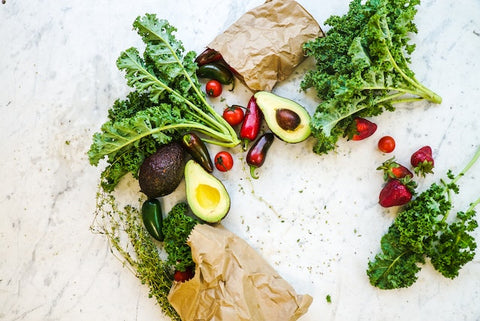
Most people don’t think about leafy greens when they think about muscle building food, but a landmark study suggests that eating leafy greens can contribute to muscle gain and health. Leafy greens contain lots of nitrates and our bodies naturally turn that into nitric oxide. Nitric oxide causes blood vessels to expand and this allows more blood and oxygen to circulate in the body. This process is going to improve all body functions including coordination, growth and endurance.
Even if you’re looking to lose weight instead of building muscle mass, leafy greens are the perfect dietary choice. Leafy greens are a great substitute for any junk food and you can even eat more of them since they are low in calories and fats. They are nutrient dense and full of fibre. Eating foods high in fibre is going to keep you feeling fuller for longer and also will help regulate spikes and dips in your blood sugar. This ensures consistent energy when working out. Leafy greens can have a positive impact on your exercise and they may help you live longer. The nutrients in them helps support arterial health, reducing the risk of cardiac issues in the future.
It’s important to remember that a healthy diet is all about balance. Eating leafy greens is good for you, but you still need things like carbs, fats and protein. Replacing some unhealthy choices, especially junk food, with leafy greens is the perfect place to start.
Do I need creatine if I’m not a bodybuilder?
Creatine is a naturally occurring substance that our bodies make. Many people associate creatine with muscle growth, and while that is something that creatine helps with, it is not the only job it does. Creatine can help improve any workout, especially if you are looking to increase your workout intensity.
Creatine supports cell health by improving cellular hydration and it also helps release more ATP. ATP is that chemical that becomes your main energy source during intense workouts. Creatine is also going to help reduce muscle deterioration during especially rigorous workouts.
In short, creatine is great for anyone looking to increase endurance, not just strength!
What are healthy fats and why are they important to fitness?
‘Fat’ tends to be a bad word in the fitness world, but it’s not as simple as ‘fats are bad’. You have good fats and bad fats. Bad fats include things like trans fats and saturated fats. Both of these have detrimental effects on the body if consumed regularly. On the other hand we have good fats. These are monounsaturated and polyunsaturated fats.
These fats actually lower your risk of disease and give you lots of high quality fuel for your workouts. Some foods that contain these good fats are fish, nuts, sunflower oil, avocados, eggs and cheese. You can also get healthy fats through MCT oil.
MCT oil is a supplement made from coconut oil or palm kernel oil. This oil is made of smaller molecules than traditional kinds of fats. This means the body can process them more effectively and give you more energy to burn during your workout. After all, fat is the body's favourite fuel. Our bodies are able to break it down and use it more efficiently than it can use carbs and sugar.

What are easy strategies for working supplements into a daily routine?
Adding daily supplements to your routine is only as hard as you make it. Identify what you want to work on in your nutrition or workout plan and then get supplements that are going to support your goal. Make sure to talk to your doctor before making any huge changes to your diet and exercise habits!
Don’t get overwhelmed and think you have to buy every supplement on the market. That is the quickest way to sabotage your routine. Try to take supplements every day at the same time and don’t be afraid to use reminders on your phone or even a daily pill case. It’s also important to make sure that your supplements come in a form you don’t mind consuming.
If you don’t really like smoothies, protein powder can be mixed into oatmeal, pancakes or even scrambled eggs. You should also aim to make taking your supplements as convenient as possible. Keep somewhere you see them every day and you could even take a small amount to work for those days when you’re in a rush.
Trying to make the most of your health routine can sometimes feel like stumbling through a mess of fake information and word salad. By educating yourself you are taking the first step towards better health and wellness.



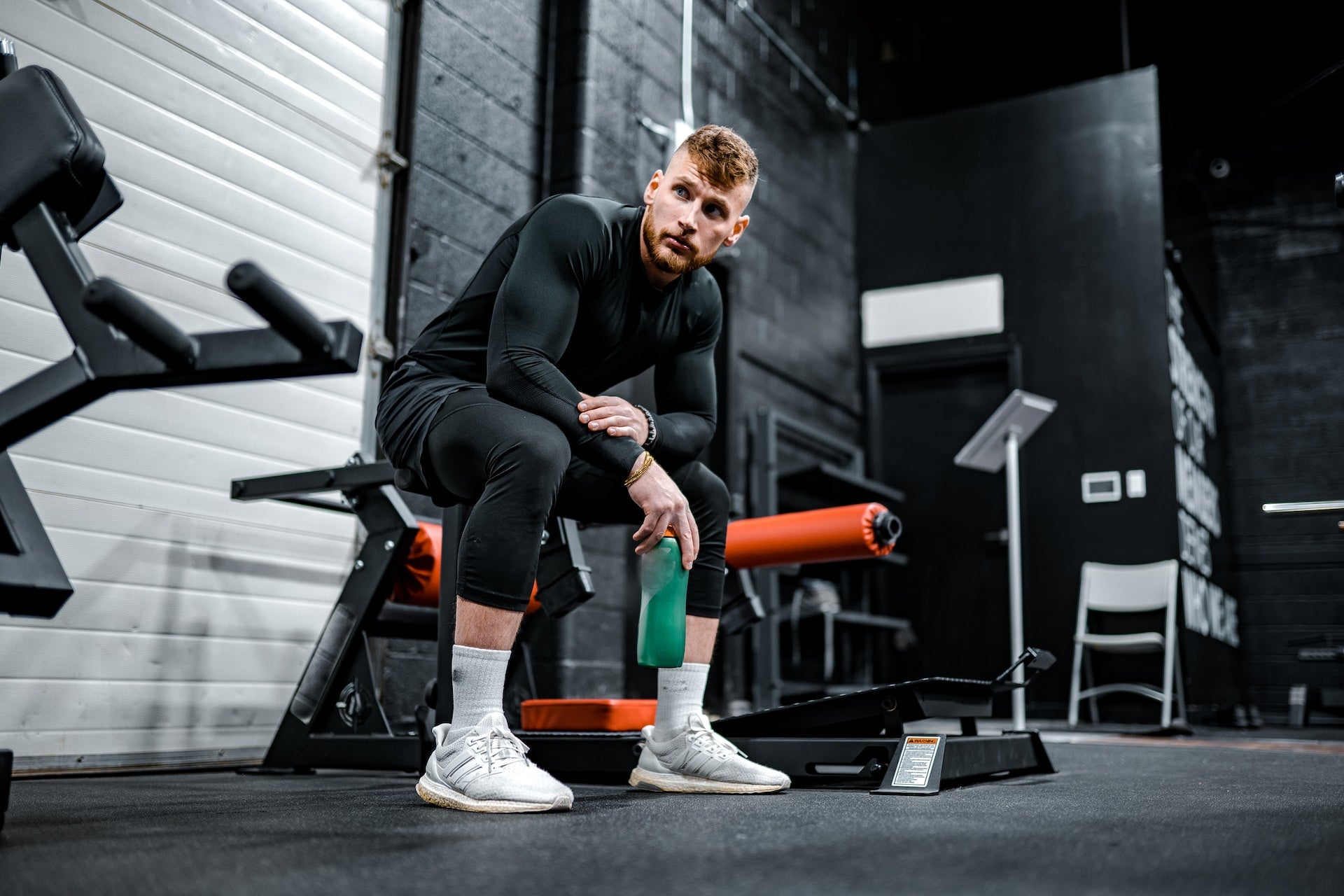

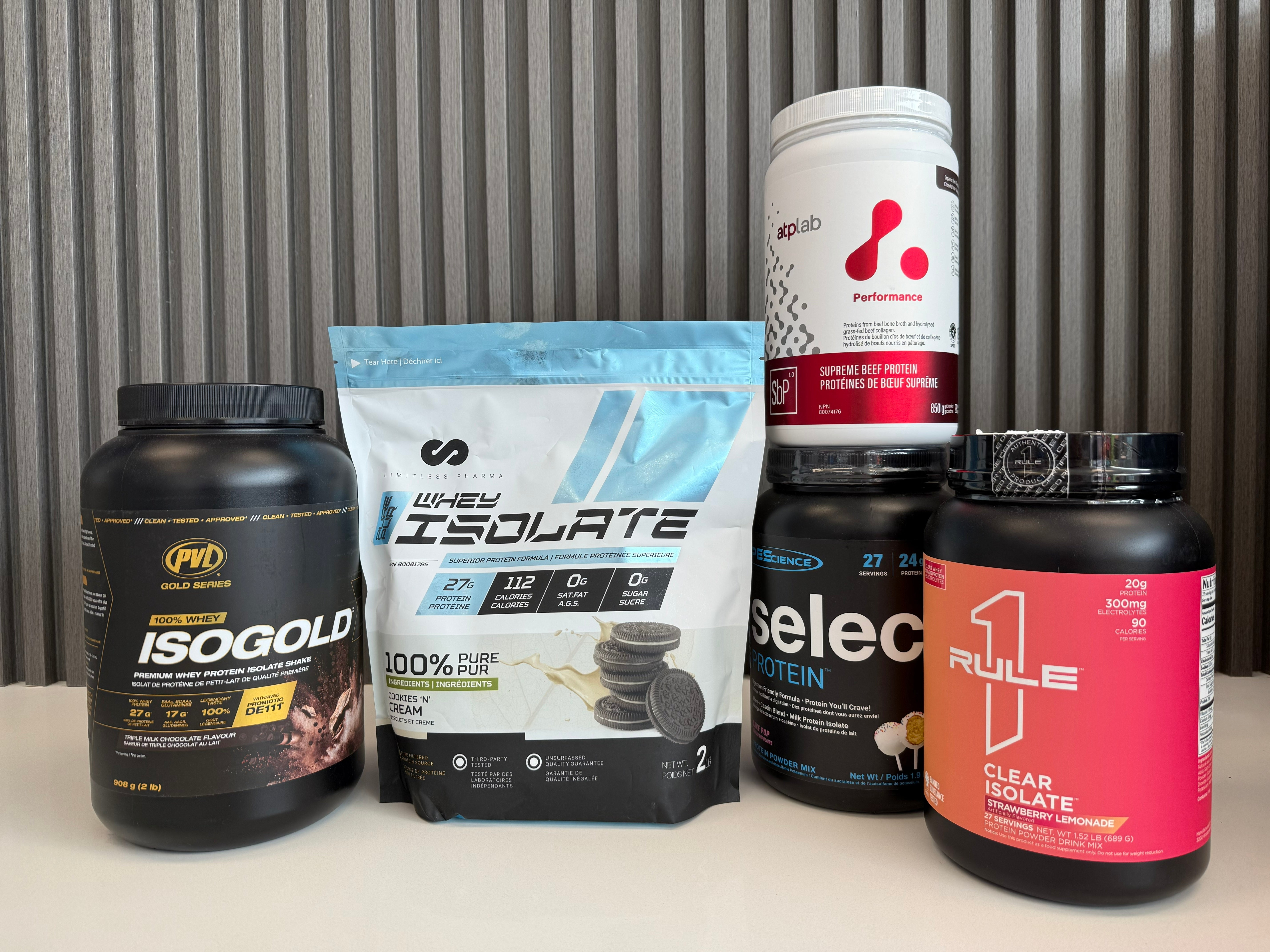
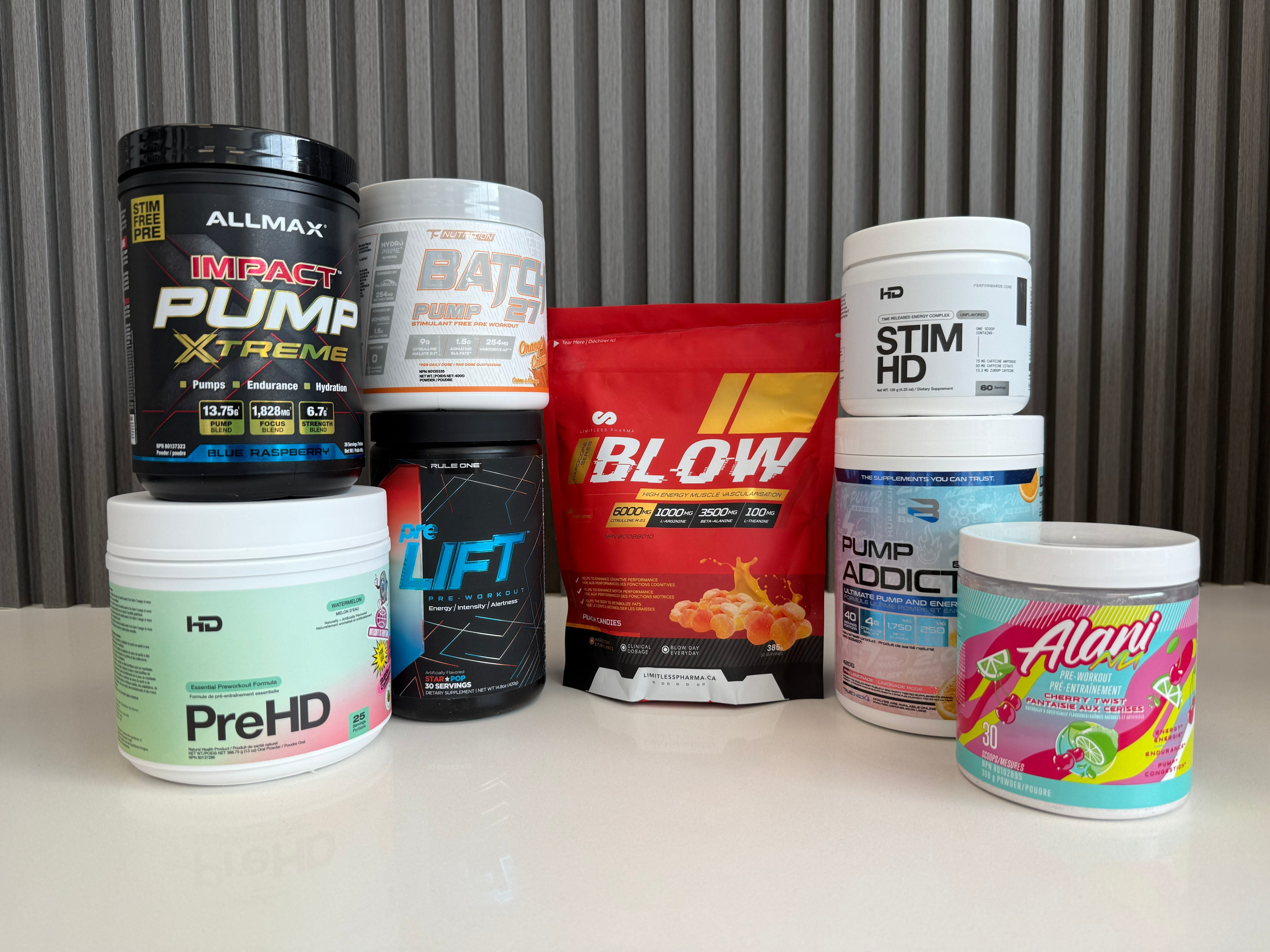
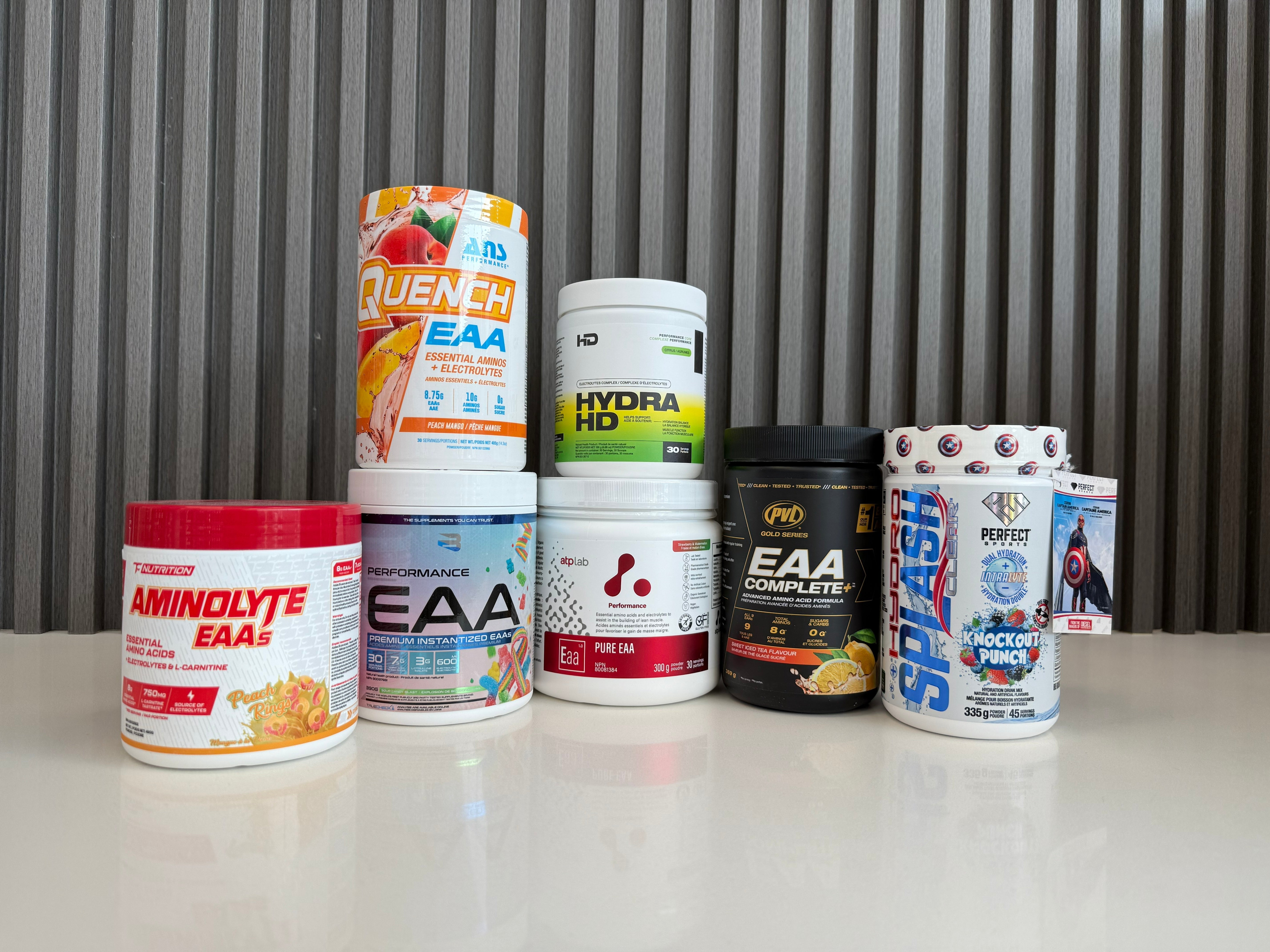
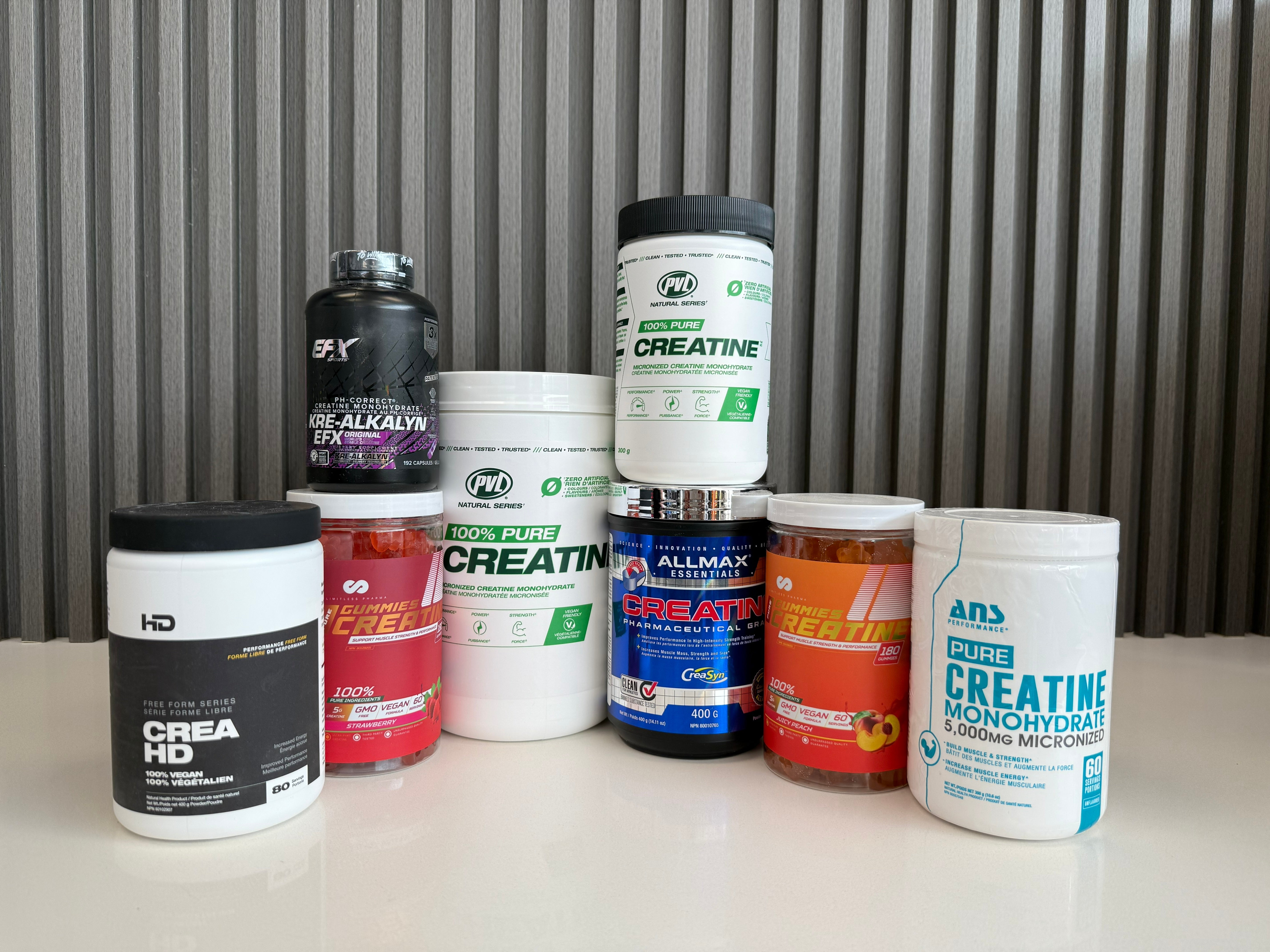
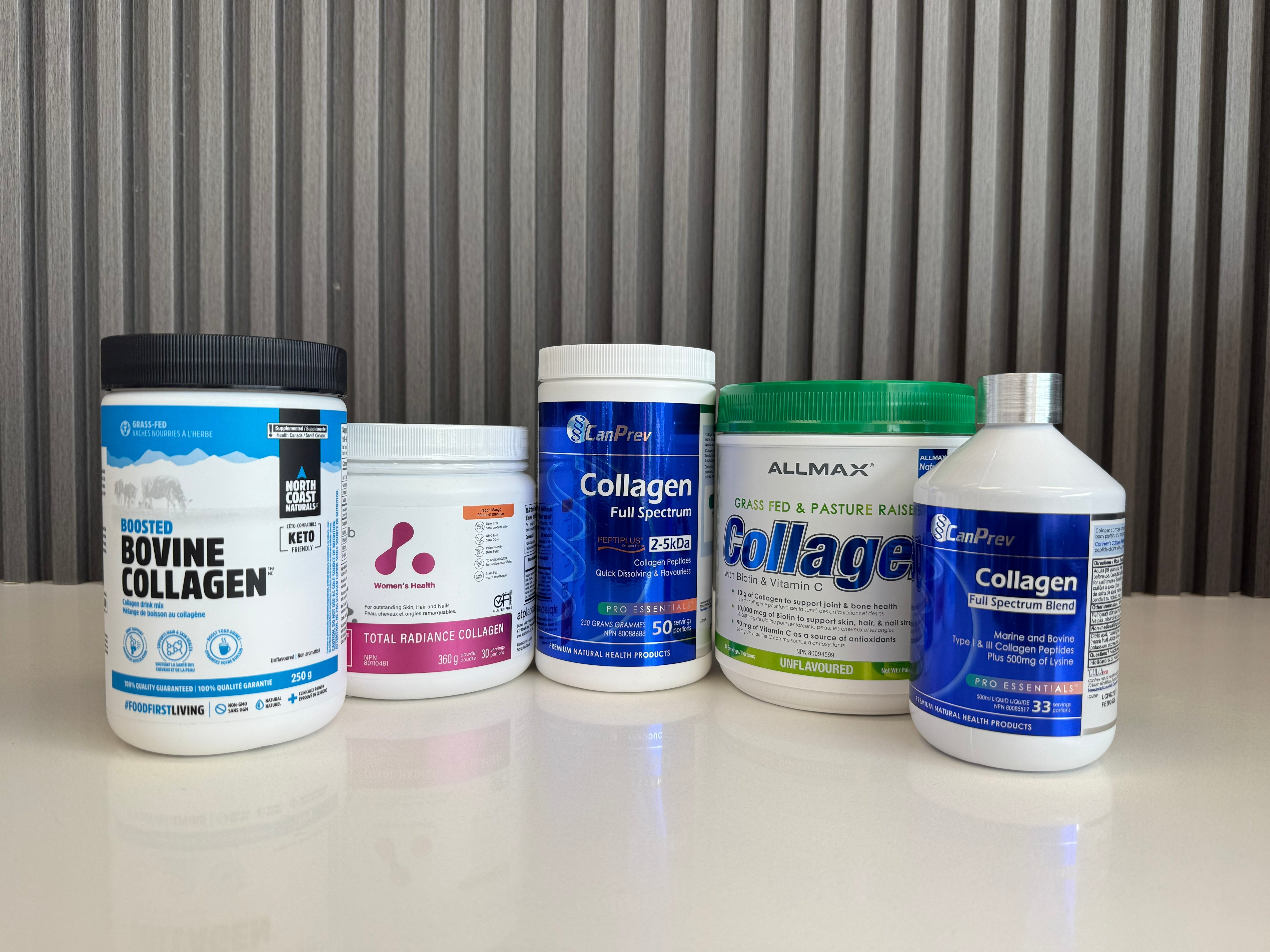
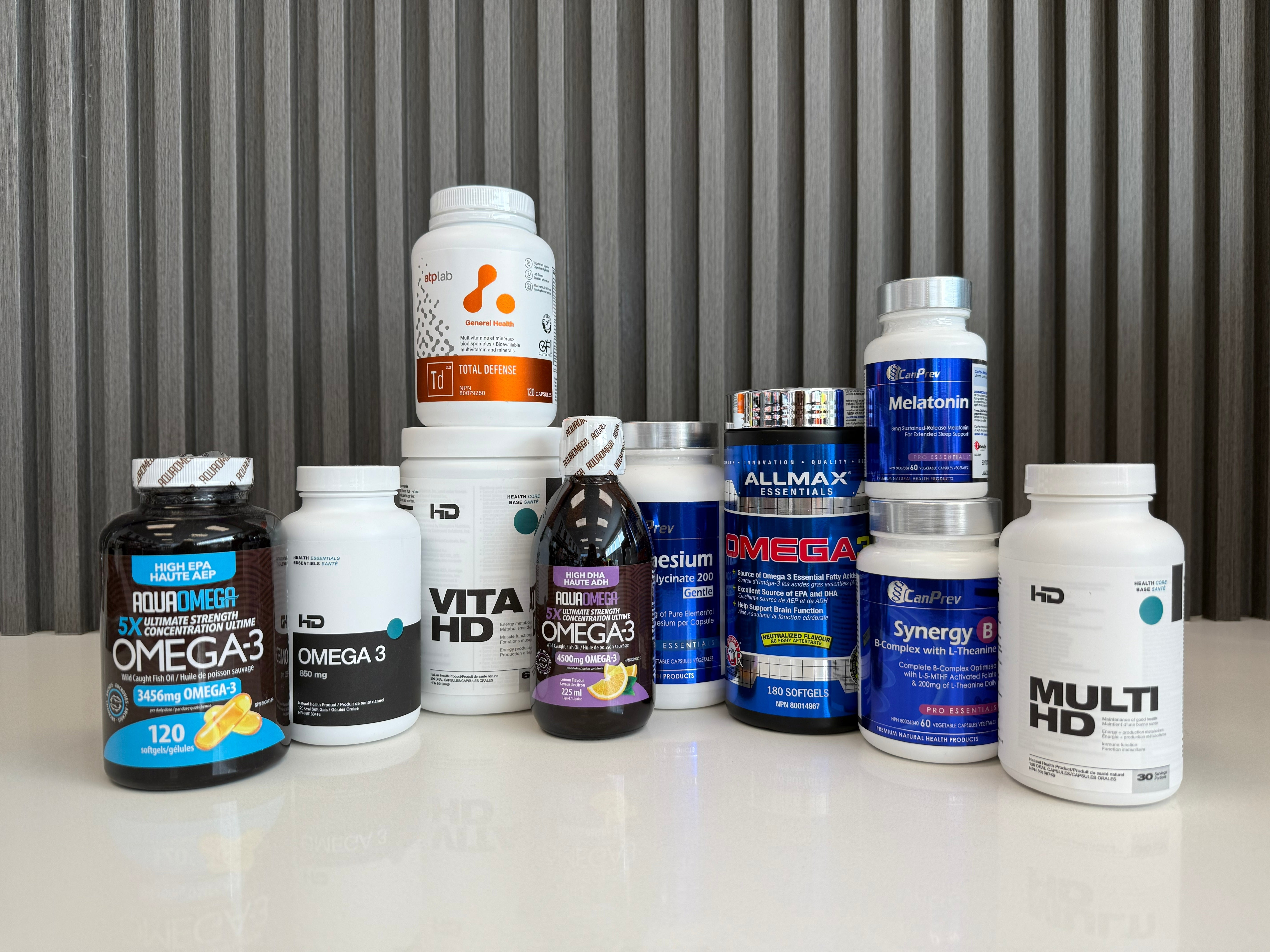
Leave a comment
All comments are moderated before being published.
This site is protected by hCaptcha and the hCaptcha Privacy Policy and Terms of Service apply.